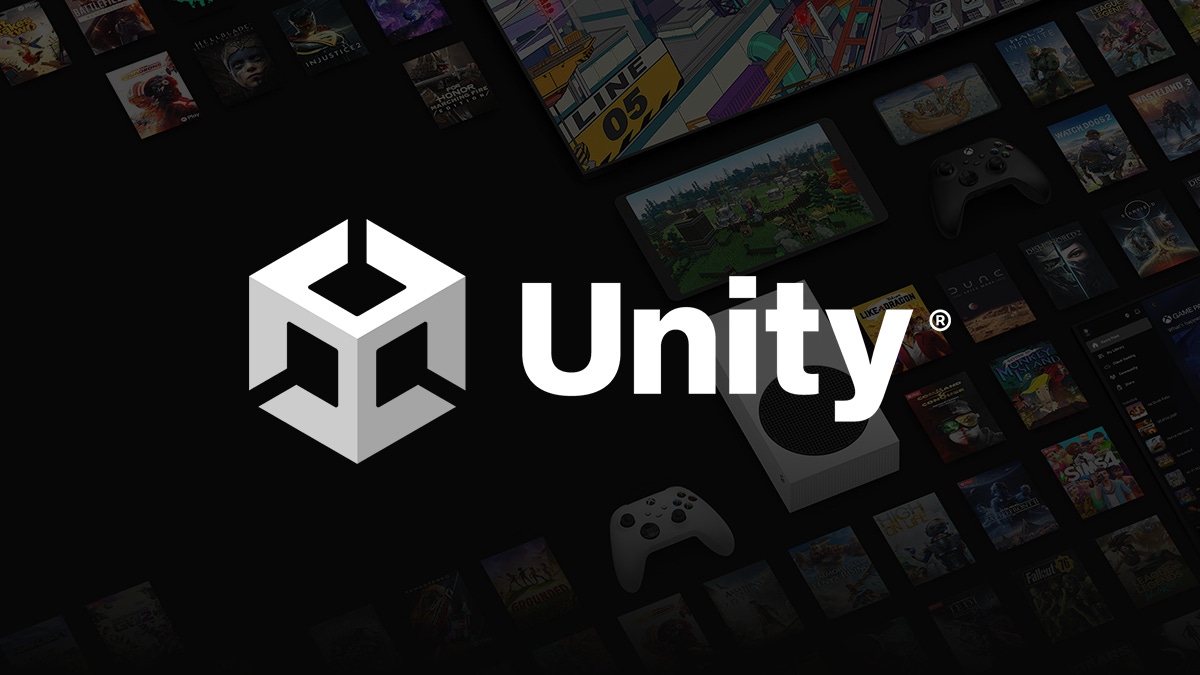Trending
Opinion: How will Project 2025 impact game developers?
The Heritage Foundation's manifesto for the possible next administration could do great harm to many, including large portions of the game development community.
Unity is still working to win back public favor and make clear how its users could be affected by next year's policy change.

Unity has changed the language of its Terms of Services that best reflect the recent changes to its controversial Runtime Fee policy.
Now, the Editor policy explicitly states that users can maintain the pre-Runtime terms they're using "regardless of any changes to the Unity terms afterwards." And the fee won't go into effect unless a developer's project "is created with or upgraded to the next major release of Unity (shipping in 2024) and beyond."
The edits were made following feedback from users and employees who wanted it to be clear "you can stay on the terms applicable for the version of the Unity editor you are using—as long as you keep using that version.”
"Our overall goal is to make it easy and transparent for developers to choose a version of Unity that works for them so that they can be successful."
Prior to the change, the Runtime Fee would've made it so developers pay a specific fee after it crossed $200,000 in 12-month revenue or after it earns $1 million in installs (depending on the license bought.) The reaction was largely negative from independent developers, and many swore they'd switch to other engines like Godot going forward.
In late September, Unity reversed its decision, now making it so games made on the Pro or Enterprise tier have he reworked policy kick in only if a game is made on the future LTS version arriving in 2024. Those games will then have to share 2.5 percent of revenue or an amount determined by the amount of monthly new engagement.
The following month, a report from MobileGamer alleged Unity would quietly allow the original policy's fees to be negotiated to lesser prices by larger developers. One source told the outlet at the time those studios could "get away with it" due to the success of their titles.
It was further claimed the Runtime Fee was intended with the express goal of putting AppLovin out of business after Unity's aborted merger with the company in 2022.
You May Also Like